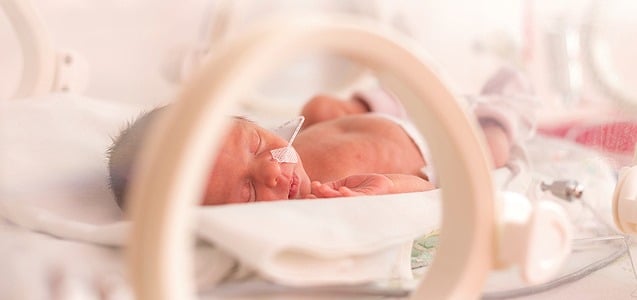According to the NCBI (National Center for Biotechnology Information), damage to the brain is the most common cause of visual impairment in children in developed countries. Blindness caused by brain injury during a baby’s labor and delivery (the perinatal phase of birth) occurs when the baby’s oxygen supply is severely interrupted for a long enough period of time to cause damage to the brainstem or visual cortex (also called the occipital lobe), which are the parts of the brain primarily responsible for eyesight.
Not only can perinatal hypoxia and asphyxia (shortages of oxygen) cause blindness (cortical blindness), but oxygen deprivation during labor and delivery causes other severe birth injuries, such as cerebral palsy (CP) and other neurologic disabilities in children. These injuries may have been the result of poor fetal monitoring or a lack of discovery of potential birth complications by medical providers.
Cortical (or cerebral) blindness and cerebral palsy cannot be cured but treatment will very often improve a child’s capabilities and in general, the earlier treatment begins the better chances are that children will overcome developmental disabilities.
If you would like to discuss your child’s potential birth claim arising from cortical blindness or CP, the attorneys at Yost Legal Group are experienced professionals ready to investigate your claim with compassion and determination.
Call The Yost Legal Group today at 1-800-YOST-LAW (967-8529) for a FREE, confidential, no-obligation consultation.
At The Yost Legal Group, you will never pay an attorney’s fee unless we achieve a recovery for you. We don’t get paid until you do.

